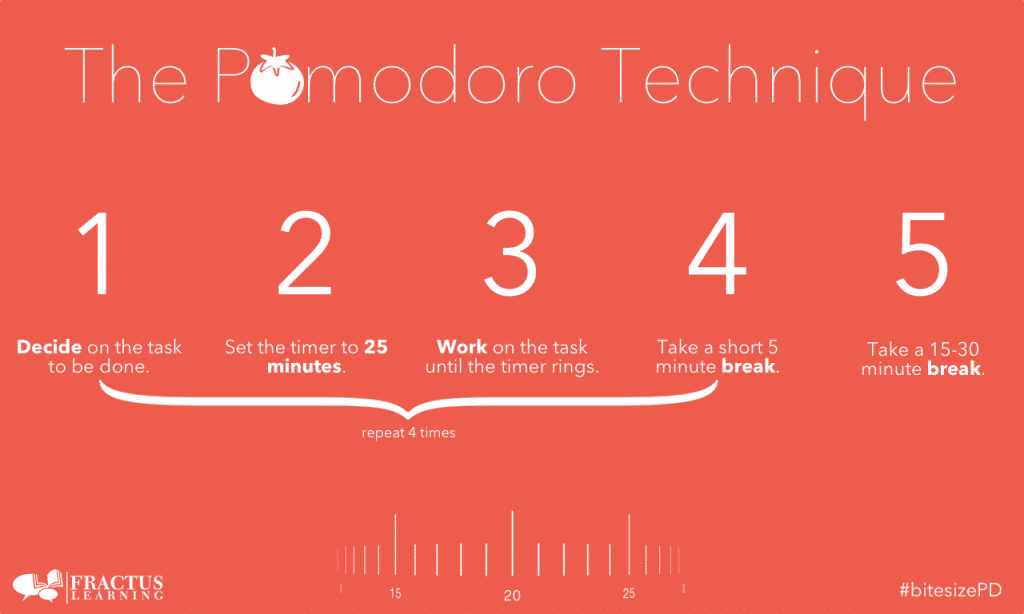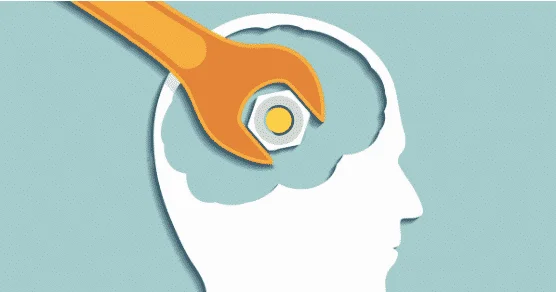Welcome to our latest blog where we answer your questions about getting through the IB! All of us at Lanterna have done the IB and we want to support those of you still going through it. Here we answer questions about how to balance your 6 subjects, how much time you should expect to commit to a subject, and how to get ahead in preparation for exams next year.
Remember you can get your own questions answered by emailing them to liam@lanternaeducation.com. Also here’s a little summary of past questions we’ve already answered:
Part 1: When to start revision, improving Maths SL, scoring marks in Science essays
Part 2: Procrastination, Chemistry & Biology Revision, notes for English B
Part 3: Memorisation, improving Science grades, revision for English A HL
When it comes to having 6 different subjects, how do I manage to improve in all of them simultaneously?
Figuring out how to balance 6 different subjects is one of the biggest challenges of the IB. However the trick is to stop focusing on the bigger task of improving in all 6 subjects at once and instead to think about each subject as a separate thing. Each subject comes with its own challenges and areas you’ll need to work on. Some will come to you naturally and some won’t.
The real challenge, which might be your biggest issue here, is how to find enough time to work on all 6 subjects. It all comes down to knowing how much time to allocate to each subject.
There are different ways you can do this. In the first place, I would recommend that you don’t spend the same amount of time on each of your 6 subjects. Instead, spend more time on a weekly basis on the subjects that you need to improve in, and only as much time as you need to finish your work for your stronger subjects. It might help to make lists for each of your subjects, breaking down what you want to improve in each one. Use the syllabus to guide you and to figure out the topics you need to work on. Afterwards you can structure the amount of time to spend on each subject according how long the list is.
I’m taking Physicals at higher level and am trying to get ahead for my revision next year by going over what I’ve already learned this year. I have tried starting to make notes from the textbook but it takes me a very long time. Is there anything else I can do that will help me go over the work but that won’t take ages?
First of all, it’s great that you’re taking some extra time to improve your Physics! I absolutely understand your worry about how much time note taking takes, and you’re right to want to use your time productively. If you know that writing helps you to learn and memorise information I would definitely stick with this method in some way. What I would suggest is that you find ways to make this process quicker, and also to mix up the things you are doing so that you are really making the information stick while you are writing.
Rather than making notes directly from the textbook all the time, try going back to the notes you made in class, or the syllabus. Use these to work out what is the most essential information. Equally, practice questions can be a really effective way of making sure your work is effective. They aren’t just for revision! You could make a habit of doing a couple practice questions every time you’ve finished notes for a certain topic. If you use questions from past papers you can also use the mark scheme to find out which steps you need to take in order to gain all the marks. Finally, find ways to challenge yourself to speed up. If the act of writing is what you find most effective, you probably don’t need to worry about making your notes look beautiful. You also don’t need to always use full sentences in your notes; instead focus on keywords and essential formulas. Another effective way to force yourself to stick to the time you’ve set is to use a timer. You’d be surprised how much you can get done if you have a clock counting down the minutes. If you haven’t tried the pomodoro technique already this might well be the perfect way to start using it (our description of how it works is here).

I’m going to start the IB next year, and have chosen visual arts as one of my higher level subjects. But I’m worried about how little free time I could end up having, especially after seeing how much time students in the year above spend on their work. I love doing art but I’m worried it will end up taking over my life. Do you have any advice?
The myth about how little free time you get while doing the IB is one of the most famous (or infamous ones out there). It’s true that the Diploma is a lot of work, and you will probably have to commit more time to doing your work than you’ve done before. But it’s also true that you will still have plenty of time to explore your own interests IF you manage your time correctly. It doesn’t have to take over your life!
If art is something you love, you shouldn’t get put off by the work you’ll have to do in the IB. All creative pursuits take practice and as a general rule, the more time you spend doing it, the more you’ll improve. You might just need to accept that the extra time you’ll spend doing Visual Arts at higher level will be worth the experience you’ll gain by studying it. This is especially true if you might want to use art in a career after the IB. The most important thing to consider when choosing your IB subjects is how to not close any doors you might want to walk through later on. If you want to keep art in your future, keeping it in your IB program will help to make sure you spend enough time on it for the next two years. It will be hard work but hopefully it will be worth it in the end. Good luck!
Have you got something IB-related that you’re still not sure about? Send your question to liam@lanternaeducation.com and we’ll answer it in our next IB Therapy Blog!
Read more about Pre-Exam Routines here!



